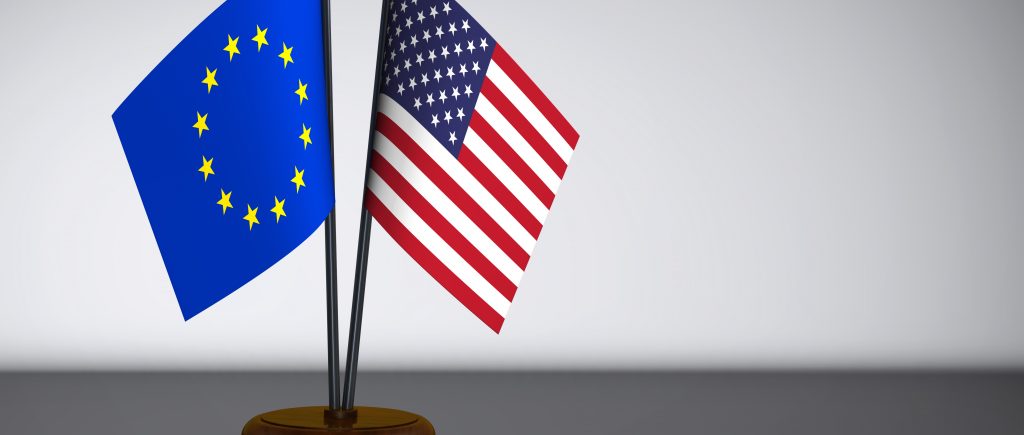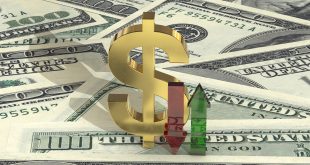Euro Gains as Risk Appetite Rebounds
The EUR/USD pair climbs to 1.1572 on June 16, 2025, up 0.17% from a daily low of 1.1523, recovering from a 0.25% loss last Friday when Israel-Iran hostilities escalated. Despite Iran’s fresh missile attacks on Tel Aviv and Haifa, markets perceive a reduced risk of regional conflict, boosting risk appetite and supporting the euro. U.S. economic weakness, evidenced by the New York Fed’s Empire State Manufacturing Index plunging 16 points to its weakest since March’s two-year low, undermines the dollar. European Central Bank Vice-President Luis de Guindos and Bundesbank President Joachim Nagel’s hawkish remarks further bolster the euro, while traders await Federal Reserve Chair Jerome Powell’s June 18 policy decision.
Geopolitical and Economic Drivers
Iran’s ongoing missile strikes, reported by state media, follow Israel’s June 13 airstrikes on nuclear and military sites, yet White House pressure on Tehran for a diplomatic resolution tempers escalation fears. U.S.-China trade talks, easing tech export controls, add to global optimism, supporting risk-sensitive currencies. The euro benefits from ECB signals, with de Guindos noting EUR/USD at 1.15 poses no significant hurdle and inflation risks are balanced, while Nagel avoids committing to rate changes amid uncertainty. U.S. disinflation, with May’s Producer Price Index at 0.1% monthly growth, below the 0.2% forecast, and a Consumer Price Index at 2.4% annually, strengthens expectations for Powell to cut rates by September, with fed funds at 4.25-4.5%.
Market Implications and Policy Outlook
The EUR/USD rally reflects improved sentiment, though Middle East tensions and U.S. economic slowdown pose risks. Expected U.S. retail sales contraction of -0.7% for May, down from 0.1% in April, signals consumer weakness, potentially pressuring the dollar further. The Federal Reserve’s June 17–18 meeting, followed by Powell’s press conference and updated Summary of Economic Projections, will shape monetary policy expectations. Markets anticipate unchanged rates but eye two 25-basis-point cuts by year-end. In the Eurozone, June’s ZEW Economic Sentiment Survey, projected to rise to 23.5 from 11.6, and Germany’s stable ‘AAA’ rating from S&P, support the euro’s strength. ECB’s July meeting is unlikely to see a 25-basis-point rate cut, reinforcing the euro’s appeal.

 Noor Trends News, Technical Analysis, Educational Tools and Recommendations
Noor Trends News, Technical Analysis, Educational Tools and Recommendations



